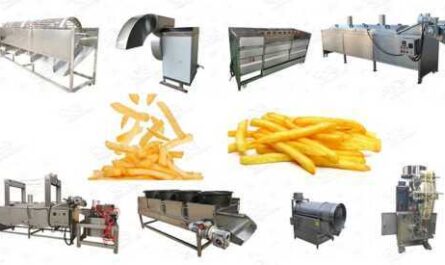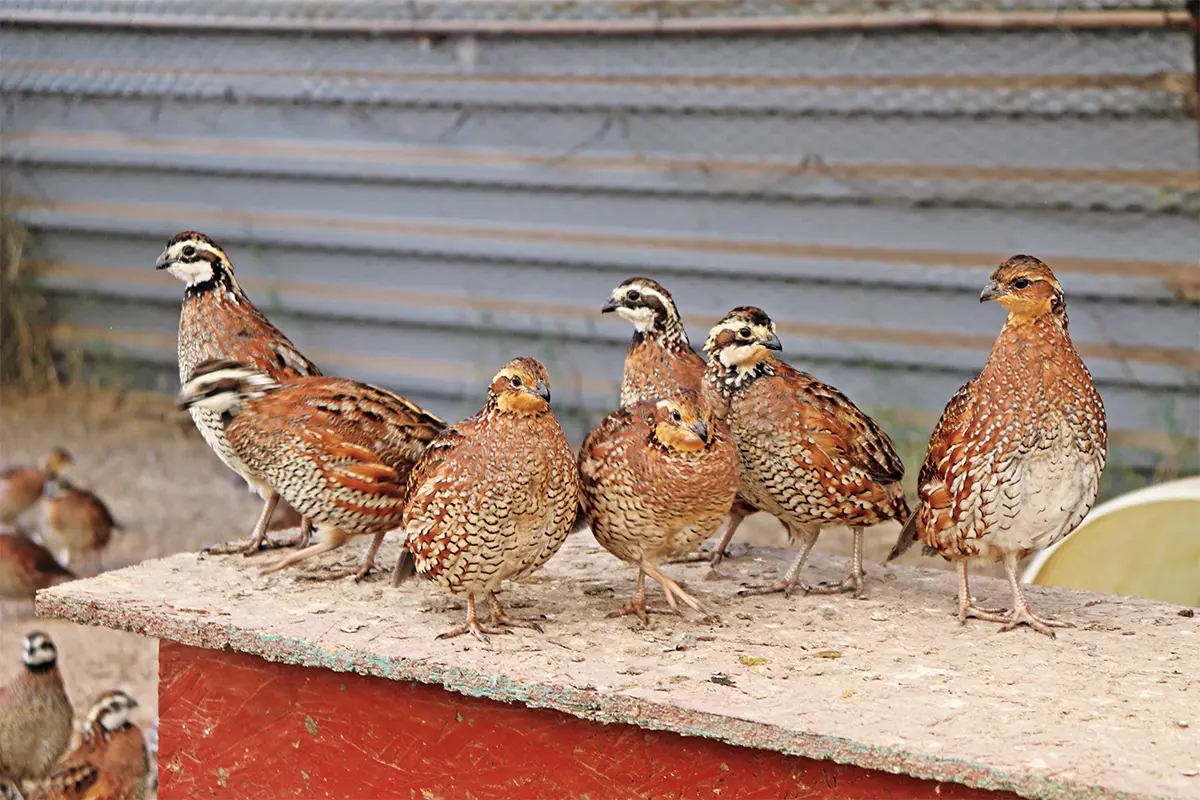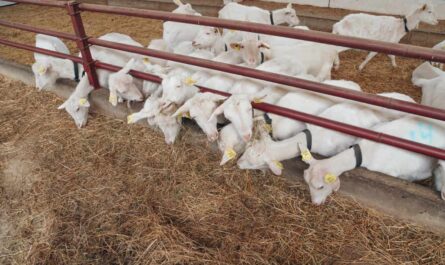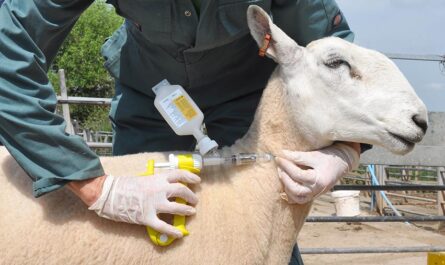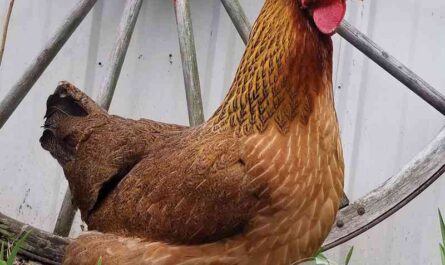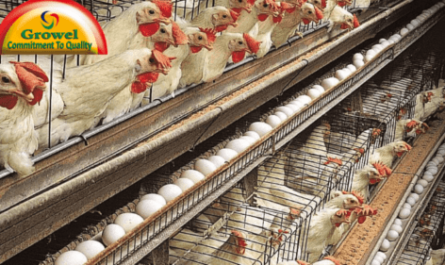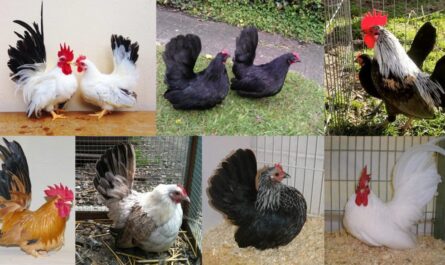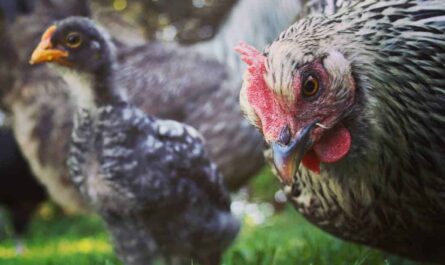Your laying hens will produce maximum if they receive proper conditions, care and maintenance. Good housing, adequate nutritious food, adequate lighting, clean drinking water, proper care, etc. are considered the best conditions for laying hens.
If raised in a backyard flock in the right conditions, they will reward you with fresh, healthy eggs all year round. Healthy, happy hens produce quality, nutritious eggs. They also help you by controlling insects and pests in your garden.
Ideal conditions for raising laying hens
Ideal conditions for laying hens require a bit more care and security, as well as regular feeding, watering and egg collection. However, find the best conditions for laying hens to maximize their egg production and ensure good health.
chicken coop
Laying hens need clean, comfortable and safe housing. Proper management will not only keep your chickens safe from predators and the elements, but will also help them stay healthy, disease-free and productive.
This does not mean that you need a mansion to raise laying hens. You just need a simple chicken coop that can meet all their needs. The converted barn is suitable for raising your birds.
The coop should be dense enough to prevent bird equipment and predators from entering. It should be large enough to accommodate all of your birds.
Usually each chicken needs 4 square feet. So, make a house according to the number of your hens. You should also prepare a resting area for the chickens so that they can sleep at night and roost.
You can easily set up a perch inside a chicken coop using a broomstick or a broken ladder. Use these materials to make bedding so that you can easily clean the house and the floor.
Wood chips or straw can be used to make litter and bedding for laying hens. Find the perfect place for laying hens.
Food and water
By providing them with quality nutritious feed for laying hens and sufficient amounts of clean water, your laying hens will produce their maximum production. Laying hens need more feed mixes enriched with calcium, vitamins and proteins.
If necessary, add additional vitamins and minerals to their regular diet. Calcium helps strengthen the egg shell. You can provide your chickens with extra calcium by setting up a small container filled with oyster shells.
Also keep a container of sand inside the coop. This will help them grind and digest their food since they don’t have teeth.
In addition to commercially prepared laying hen feed, feed them daily greens. Clean feeders and water regularly. See what to feed laying hens.
Lighting and nesting boxes
Laying hens need a sufficient number of nesting boxes. Usually one nest box is needed for 3-5 laying hens. Nesting boxes inside a chicken coop don’t have to be nice and pretty.
Just make it comfortable for the chickens and place it in a quiet and peaceful place in any corner or side of the coop. If you don’t provide your hens with suitable nesting boxes, they will start laying eggs in a secluded area and you may not find them.
Nesting boxes also help keep eggs clean and safe from predators. You can make nesting boxes for laying hens from homemade materials or wood.
The birdhouse should be at least 12 inches wide, 12 inches long, and 12 inches high. You can also buy ready-made nest boxes available in the market for laying hens.
Along with nesting boxes for laying hens, sufficient lighting time is very important. As a general rule, laying hens need 14 to 16 hours of light for best performance.
So use artificial lighting when the days get shorter, especially in the colder months. See Effects of Lighting on Laying Hens and Lighting on Laying Hens.
Exercise and fresh air
It is not necessary to have a large space for comfortable training and fresh air for laying hens. Your small yard is perfect for this purpose.
Laying hens like to scrape debris or dirt in search of insects, seeds or other food. Pasture-raised hens that are allowed to roam, exercise, and eat natural food outdoors produce healthier, more nutritious eggs than caged hens fed only commercial feed.
stress and health
Stress and poor health lead to minimal egg production. Excessive cold or heat also affects egg production. A hawk hovering around a chicken coop can stress the hen out of laying eggs.
Separate the diseased edge from the herd. Because in most cases a sick hen cannot produce healthy eggs and needs treatment. If you spend time each day monitoring your hens, you will be able to spot any unnatural activity in your flock and take action.
Try to learn more about the signs of common illnesses in laying hens so you can easily identify problems in your flock. You can usually tell if your chickens are healthy by shaking them by looking for changes in feathers, skin, eyes or face.
These are ideal conditions for laying hens. Try to raise your chickens hygienically and take care of them at all times. Feed them quality food, provide them with a comfortable living environment and, of course, spend some time observing the activities of your laying hens. To be in a good health!











